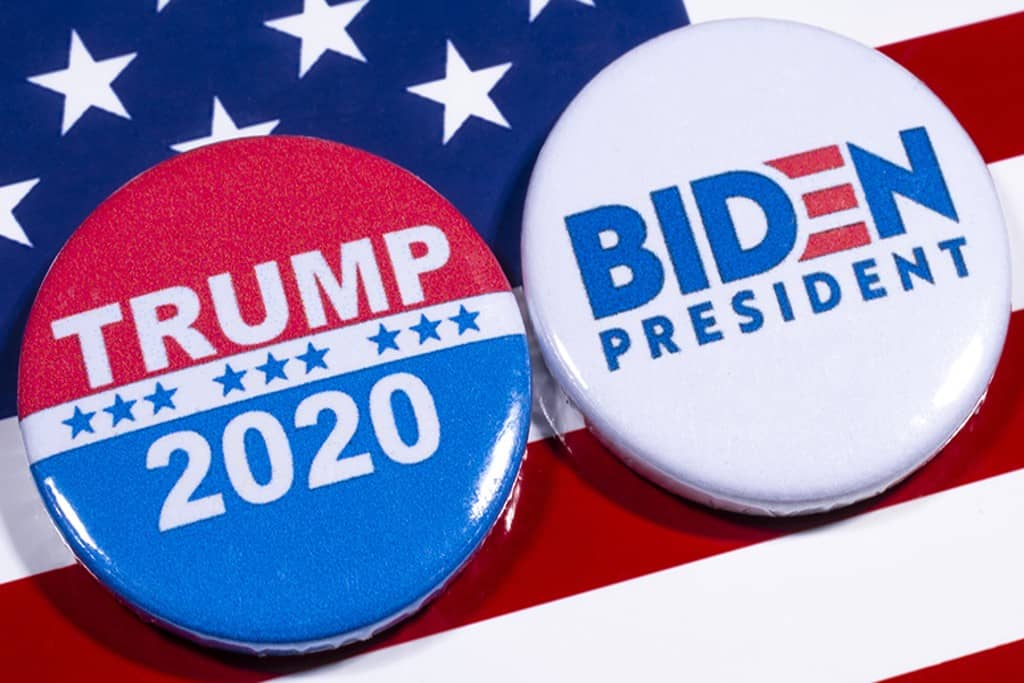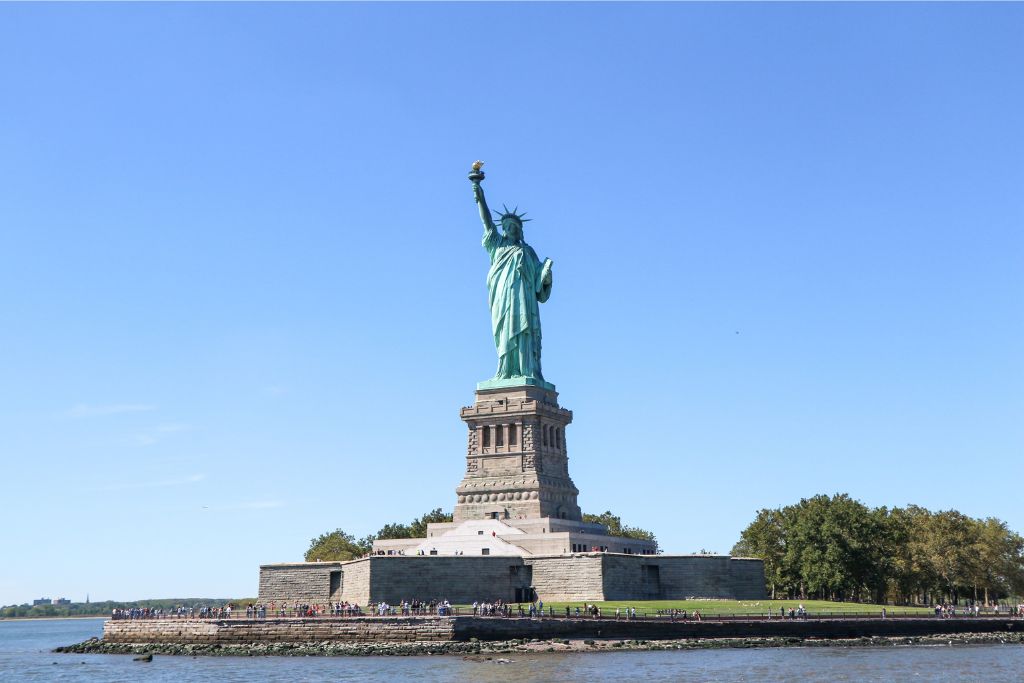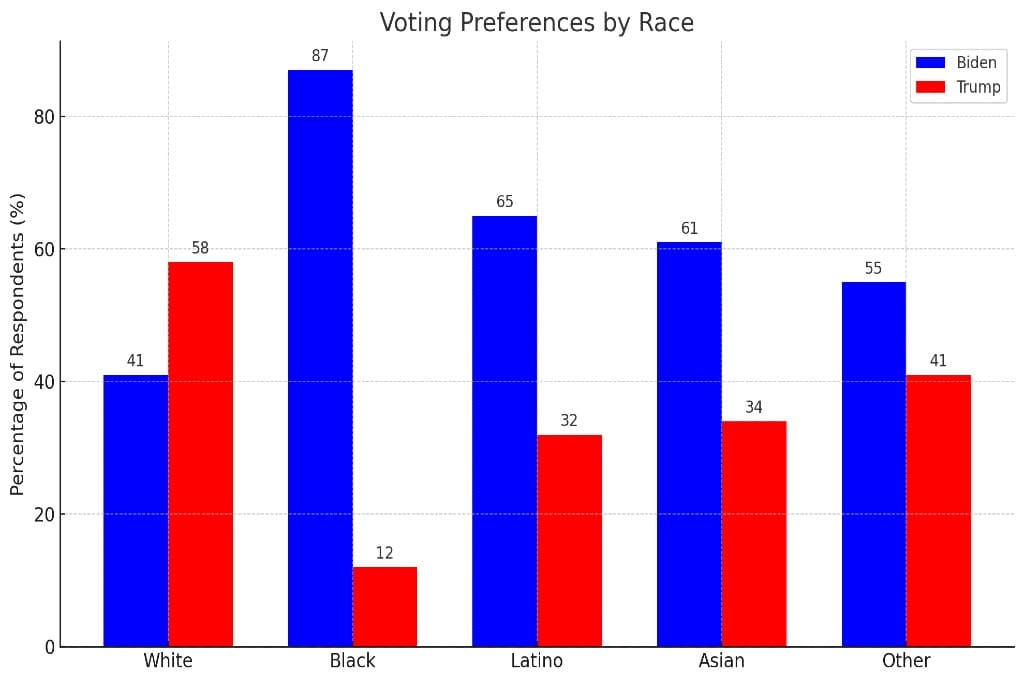
All good news! Universities and student groups have been vocal about the need for radical reforms in the current policies for international students
For the past few days, the majority of the world has been following closely the coverage of the American elections. It has been a very close head-to-head race for the White House between President Donald Trump Jr. (Republican) and President-elect Joe Biden (Democrat). The race was so close that the results confirmed the Democratic candidate’s victory only a couple of days after ballots were collected.
Four years ago when Trump won the elections, 70 to 80% of international students in the US became worried about their future as international students under the Trump administration. All these worries were legitimate as it turned out, under the Trump administration, H1-B visas were halted, federal support to universities and colleges shrank, and immigration laws for international student enrollment at American universities (especially during the COVID-19 pandemic) were controversial and caused MIT and Harvard to take US administration to court.

It is no secret that the US is the #1 destination for international students in the world. US universities and colleges rely on tuition-supported international students to cover subsidies for local students. US Reports indicate that about $40 billion annually enter the US economy from abroad as international students’ tuition, and this number was shrinking, which was bad for both international students and the United States.
The Future of F-1 Visas and Immigration Policies Under Biden

The F-1 student visa allows international students to study in the U.S. and gain practical experience through Optional Practical Training (OPT) after graduation. OPT is crucial for enhancing career prospects and contributing to the global workforce. The F-1 visa, combined with OPT, provides students with academic and professional opportunities that are essential for building successful careers and fostering international innovation.
Joe Biden’s victory signals a shift towards more immigration-friendly policies for foreign students. He recognizes their contributions to the academic environment and the economy, and his administration is expected to reverse restrictive measures from the previous administration, fostering optimism among prospective students.
Expected changes in F-1 student visas include a more straightforward application process and clearer pathways to permanent residence. These reforms could encourage more international students to pursue their education in the U.S., enriching the diversity of American higher education.
Implications for International Enrollment

The potential increase in international enrollment in educational institutions across the U.S. is promising, especially in light of anticipated policy shifts that could create a more welcoming environment for foreign students. As universities adapt to these changes, they may see a surge in applications, enhancing the diversity and global perspective within their campuses.
International students are vital to the financial stability of American colleges and graduate student programs. Their tuition contributes significantly to institutional revenue, helping to fund academic resources, scholarships, and various programs. The presence of international students not only supports the financial framework of universities but also enriches the educational experience for all students through diverse perspectives and cultural exchanges.
Social Dynamics and Public Opinion
This bar chart illustrates the varying levels of support for presidential candidates Joe Biden and Donald Trump among different racial and ethnic groups. The data gathered from a survey of 15,590 respondents, sheds light on the preferences within each demographic segment, exploring how white voters, Black voters, and other demographics view immigration and education. Each bar represents the percentage of support for Biden and Trump within the respective group, offering a glimpse into the diverse political landscape across different communities.

President-Elect Joe Biden evidently opposes most of Trump’s policies especially when it comes to foreign policy and international relations with different countries. Biden pledges to particularly reverse policies that affect the acceptance of international students.
Unlike President Donald Trump, President-Elect Joe Biden understands the value of having people come from all around the world for their college degree as he tweeted back in July 2020.
Across the world, people come to this country with unrelenting optimism and determination toward the future. They study here, innovate here, they make America who we are. Donald Trump doesn't get that — we need a president who does. https://t.co/0VK0MCXMVq
— Joe Biden (@JoeBiden) July 7, 2020
international students currently living and studying in the US and those students who are preparing to start their education in the United States are looking forward to a much lenient foreign policy that should have a positive impact on their education journey.
Studygram™ – Trusted source of educational news and gateway to worldwide education.


